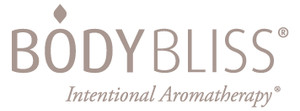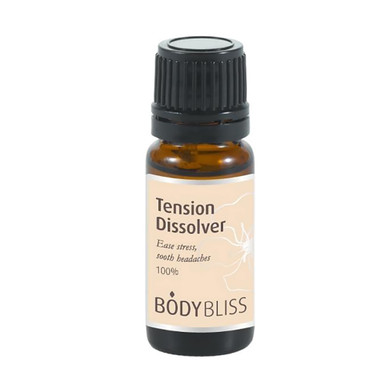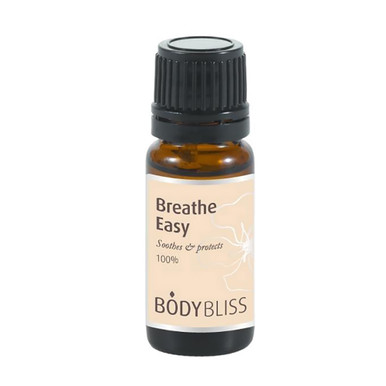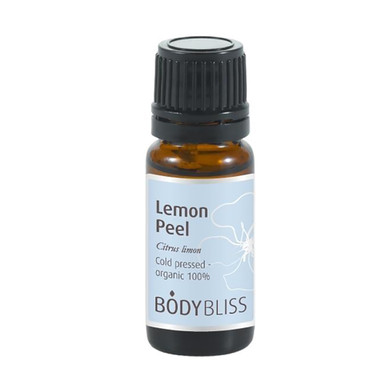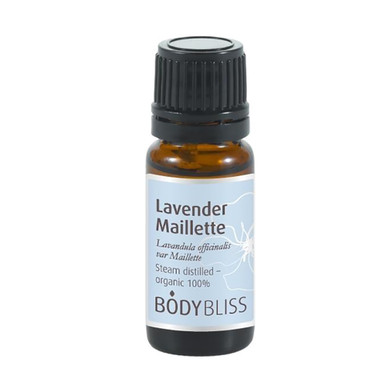Why Essential Oils?
Walk down the “health and wellness” aisle of your favorite store and you will find a plethora of essential oils. Open your social media feed and you will see ads and testaments to the effectiveness of essential oils. What’s all the buzz about? Essential oils are a $1 billion industry, but are they worth all the hype?
What’s all the excitement about essential oils?
First and foremost, essential oils smell great! They can make us feel better, set a mood, or help us relax. They have myriad helpful properties that can help reduce stress, combat bacteria and viruses, and help you sleep.

What exactly are Essential oils?
Pure essential oils are volatile liquids - concentrated extractions from the roots, flowers, leaves, or seeds of plants using steam or applied pressure - the “essence” of the plant (i.e., the natural chemicals that provide a distinct odor and are the immune system of the plant).
Some essences are too volatile to be extracted with steam or pressure and those are usually what is called an “absolute.” These delicate scents are extracted through a chemical process, usually using Hexane to extract the scent, then set in wax, forming a “concrete.” The wax is then burned off along with the Hexane (or most of it), leaving the concentrated absolute.

How do they work?
The nose is essentially a channel to bring scent molecules to the olfactory bulb – a dime-sized gland approximately between the eyebrows. Those molecules then travel from the olfactory bulb through neural pathways that lead directly to the oldest parts of the brain (the amygdala and hippocampus – aka the limbic system) where moods, emotions, and hormones are accessed, and long-term memories are stored.

Receptor sites in the brain and other parts of the body can be “unlocked” in a sort of lock-and-key mechanism where the chemical structure of a particular oil may be similar enough to a receptor site to fit into the structure and creating or “unlocking” a particular result (think peppermint for an adrenaline receptor or lavender for serotonin).
Think of a pleasant smell from your childhood – freshly cut grass, Christmas scents, or cookies baking. How is your mood? Do you feel more relaxed? Cozy? Hungry? These are effects of receptors and corresponding chemicals.
This pathway is arguably the fastest of our five senses. In fact, it is so quick that you may have a reaction, such as a startle response, or a relaxation reaction, before the message ever gets to the other parts of your brain that make the conscious connection.
Molecules inhaled through the nose or mouth are also carried to the lungs and interact with the respiratory system. Thus, inhaled essential oils can affect the body through several systems and pathways.
An ancient history of essential oils:
Essential oils have served mankind as our medicines for thousands of years by many cultures. Evidence and recorded history have both shown that the Egyptians used aromatic oils as early as 4500 B.C.E. They became renowned for their knowledge of cosmetology, ointments, and aromatic oils. The most famous of their herbal preparations “Kyphi” was a mixture of 16 ingredients that could be used as incense, perfume, or medicine. They used balsams, perfumed oils, scented barks, resins, spices and aromatic vinegars in everyday life. Oils and pastes from plants were transformed into pills, powders, suppositories, medicinal cakes and ointments.
An archeological site of an ancient perfume-making site dating back 4,000 years on the island of Cyprus was discovered with many stills, alabaster perfume bottles and residues of lavender, rosemary, anise and cinnamon, among other distilling plants.
“A perfumed bath and a scented massage every day is the way to good health.” [Hippocrates]

Hippocrates, an Ancient Greek physician, often referred to as “the first father of medicine” and wrote the Hippocratic oath which is still used by doctors today, implemented essential oils in his healing practice. One of the most popular methods for using essential oils that is still used today, namely diffusers, can be traced back to Hippocrates. He would often hang pots of essential oils near the head of his patients in order to help them breathe in the therapeutic vapors.
“The Lord hath created medicines out of the earth.” [Ecclesiasticus 38:4]
There are 188 references to essential oils in the Bible including frankincense and myrrh which were presented by three wise men to the Christ child, along with gold which leads us to believe that those essential oils were as precious as gold. Mary anointed Jesus with spikenard and her ointments.
Indeed, many cultures throughout time valued essential oils in their spiritual practices – a means to bring one closer to the Divine.


Far more than perfumes, in more modern times, essential oils are used in the food and drink industry as well as holistic, cosmetic and spa industries. Of note, the original recipe for Coca Cola from 1886 included essential oils of orange, lemon, nutmeg, and cinnamon, among others.
The modern therapeutic use of essential oils from plants for the improvement of physical, emotional, and spiritual well-being is known as “Aromatherapy.” That term was originally coined by René-Maurice Gattefossé, a French chemist in the early 1900s. Often referred to as the father of aromatherapy, he was one of the first to research essential oils and their proficiencies.
When was the first distillation done?
The earliest physical evidence of distillation equipment comes from Tepe Gaura in Mesopotamia, modern-day Iraq, circa 3,500 BCE. More evidence of distillation comes from Akkadian tablets dated c. 1200 BC describing perfumery operations, providing textual evidence that an early, primitive form of distillation was known to the Babylonians of ancient Mesopotamia. Initially, distillation is believed to have been used to make perfumes.
Other sources note evidence of distillation from a terracotta distillation apparatus dating to 3000 BC in the Indus valley of Pakistan.
Essential Oils v. Synthetics
While essential oils are chemically heterogeneous (they are chemically diverse, have myriad properties and many actions), synthetic chemicals and fragrances are designed for only one function. Each essential oil can have hundreds of different chemical constituents and characteristics. When blended together (known as a synergy) there may actually be constituents in the synergy that are not in either or any of the essential oils individually. Thus, the old adage that the sum is greater than its parts – true alchemy!
Also, essential oils are volatile substances (the life force of the plant) that have a measurable rate of electrical energy (MHZ) which can affect the human body and mind. Most things have an electrical frequency; however, synthetics have a much lower frequency than essential oils. The frequency of essential oils can be several times greater than food, herbs, etc. and thus have a greater likelihood to create our desired results and increase health.
Essential Oils – Access to the Healing Power of Nature
“Nature employs the mind without fatigue and yet enlivens it. Tranquilizes it and enlivens it. And thus, through the influences of the mind over body, gives the effect of refreshing rest and reinvigoration to the whole system.” [Frederick Law Olmsted]
Imagine a gentle walk through a green forest, breathing the fresh, clean air. Or a walk along the beach, sinking your feet in the warm sand, feeling the sun on your skin, breathing in the crisp ocean air. How do you feel? Relaxed or invigorated? Revived or refreshed? This is the power of nature.
Being in nature has been proven to have many healing benefits. It can reduce stress, lower blood pressure, calm the mind, improve mood, enhance the immune system, and help regulate our nervous system. *1

While many of us spend our time indoors in offices, in our cars or in our homes, our spirit longs to connect with the power of nature. How to do that in our busy, modern world? It’s not practical for most of us to retreat into nature regularly. Essential oils can bring that power of nature to our environment without the need for a long retreat in the mountains (although that sounds delightful, doesn’t it?).
A diffuser in home or office can bring about those wonderful results without using your vacation time and bring the power of nature to you on a regular basis. Essential oils can also be antibacterial and cleansing, helping to purify the air, keeping airborne bacteria at bay, creating a healthy environment.
Using their inherent connection to nature, pure essential oils can calm body and mind, relieve symptoms of stress, and help us cope with the pressures of modern life. A massage is always my favorite way to achieve this dynamic outcome. Or try a relaxing bath with naturally scented candles for some luxurious “ME time.”
However you choose to incorporate essential oils in your life, they are sure to bring you many gifts – peace, relaxation, uplifted spirits, pleasure and well-being.
*1 [Synchronization of Human Autonomic Nervous System Rhythms with Geomagnetic Activity in Human Subjects. International journal of environmental research and public health, 14(7), 770]
